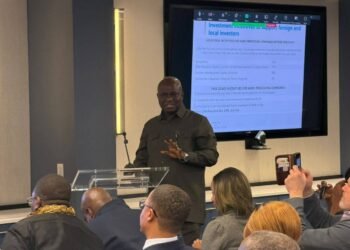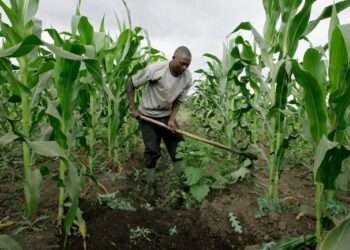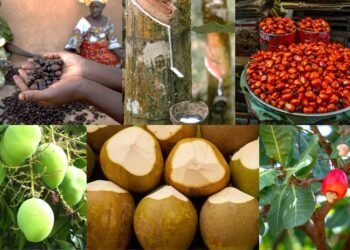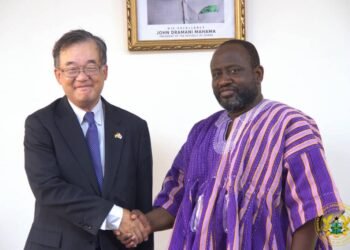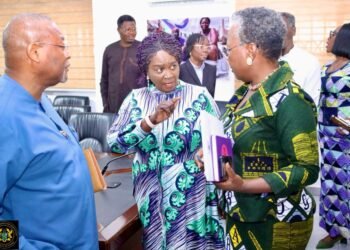The cocoa industry is profiting from disempowered cocoa farmers, and despite several years of warnings about exploitation, deforestation, and child labour, the industry has achieved very little to make things better. The state of sustainability in the cocoa industry reveals that little progress has been made to improve the systemic challenges facing the future of cocoa.
While cocoa production in West Africa alone has almost tripled in the past 30 years to meet global demand, farmers are still poor. The price of cocoa has been stubbornly low for a long time. Farmers are in poverty through lack of living income. This lack of living income leads to unsustainable farming practices and the pernicious problems of irresponsible labour practices including child and forced labour.
There have been several impacts of COVID-19 for cocoa farming communities globally, including an increase in the costs of daily living, for farming inputs, and for health care services. The closing of schools – although it was an understandable measure – put children at risk of exposure to child labour, even if temporarily. There has also been a marked decrease of the world market price, partly driven by a reduced demand for chocolate due to the pandemic. In that light, the timing of the introduction of the Living Income Differential in Ghana and Côte d’Ivoire has been very fortuitous.
Cocoa farmers’ poverty persists also because of the unequal bargaining power between cocoa farmers, and both large multinational companies and governments. Despite Ghana and Côte d’Ivoire’s governments collaborating to improve prices for their farmers, the stronger position of the larger traders, processors and retailers means that cocoa farmers are ‘price takers’.
To push the cocoa sector fully into its highest sustainability gear, three critical shifts are needed which includes a refocus from technical to political solution, ensuring inclusivity and redistribution of value and power, and moving form voluntary to mandatory frameworks.
Most cocoa sector sustainability efforts have been looked at through a technical lens. Much of the discussion on deforestation and agroforestry focuses on technical aspects of what makes a good agroforestry system, and the lack of living incomes has been addressed through productivity increase, income diversification and increasingly self-managed financial inclusion mechanisms (VSLAs). These are all valuable approaches, but they are not enough if you don’t discuss the elephant in the room: unequal value distribution and unequal power. It is time to balance these technical approaches with stronger political commitments and solutions by both national and international governments and the cocoa industry, and to implement the payment of fair prices through sustainable arrangements.
There is also a real need for multi-stakeholder forums where all stakeholders can sit together to discuss and resolve issues. Inclusivity helps ensure actions are fully integrated into local socio-political and economic contexts, so they can survive longer than the lifetime of just one project, and reach true farmer and community interest. Civil society institutions play an important role here. For this to be effective, barriers to participation must be overcome. Especially important is involving women, who face more challenges to having the voices heard despite the essential role they play in agricultural work.

The single biggest positive impact for farmers and incentive for farming sustainably is delivering a fair price for the cocoa they produce. Cocoa and chocolate companies must find ways to redistribute value along the supply chain so that farmers are guaranteed a living income. Creating an enabling environment requires that regulations that will change the system be put in place. Current forms of certification and farm-based standards increase pressure on farmers: instead, we need laws that hold the powerful accountable, rather than laws which demand that farmers change. Compliance criteria are imbalanced and need restructuring so that companies are held accountable to due diligence systems.
Mandatory approaches that lead to environmental and human rights due diligence regulation are needed. A solid and empowered position for smallholder farmers in global supply chains provide a bottom-up approach. Transparency would allow farmers and local civil society to keep their governments accountable, supported by due diligence and accountability systems, as well as open monitoring and traceability of the sector.
Read also: 2020 Cocoa Barometer Report Released




